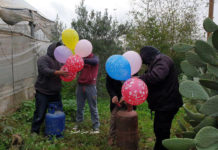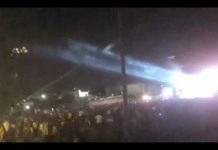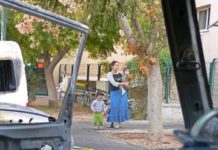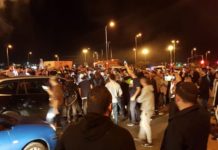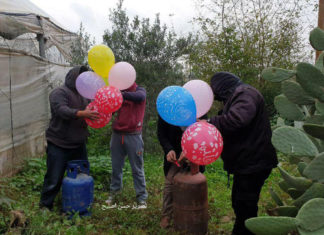Moments after another “Tzeva Adom” warning siren rang out in Sderot I walked around the Sderot Media Center office wondering why it is that the Jewish nation must continually justify their actions for survival. No matter the measure taken to protect its people from rockets, missiles, bombs, guns, or heavier attack Israel comes under a barrage of condemnations and negative political pressure. It is nearing the 61st year since its establishment, so when will the Jewish state no longer have to defend its existence?
If the reason for these condemnations is because of numbers of casualties from Israel’s vital operations then where was the uproar when Arafat claimed that 10,000-20,000 were massacred in eleven days by the Jordanian army in September of 1970? These numbers, as well as other world conflict casualty statistics, overshadow the inflated number of 1,300 people that Hamas claims were killed by Israel during the three-week Operation Cast Lead.
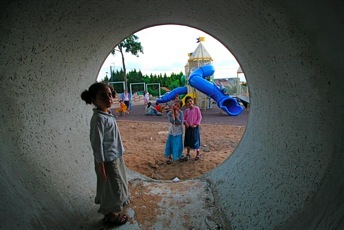
The world must understand that Israel cannot have 1 million of its citizens under the daily immediate threat of rockets.
Last week while guiding an afternoon tour of Sderot for American students Sderot resident and mother Shula Sasson showed the group of 18 year-olds how her family’s mattresses were leaning against the wall behind their couch in the first floor living room because her family hasn’t slept or lived on the second floor of their house for years because it is simply too far from their sheltered room.
When one of the students asked Shula if she was optimistic about the since there is currently a ceasefire with Hamas, she calmly but sternly replied, “Do not believe it (ceasefire).” She then emphasized to the students that their visit to Sderot was more important than a meaningless ceasefire so they can convey the situation to their schools and communities. Shula wished the students goodbye saying, “You will be the ones to save us. Not a ceasefire.”
Over the past eight years, since the rocket fire began in January 2001, Israel has attempted various methods to bring an end to these terrorist attacks in order to put off a major military operation. Even when Israel is forced to carry out the difficult task of thwarting terrorists embedded in one of the most densely populated areas in the world, it goes to unprecedented lengths to prevent loss of civilian life. It is unheard of other militaries around the world to call and text message civilians warning them of the imminent military attack.
But yet the Tzeva Adoms continue and I am sitting in Sderot agitated and on edge; in the only region in the world where civilians are consistently targeted by rockets, less than a mile a way to a territory controlled by a terrorist organization committed to the destruction of the Jewish State. So, I resent the fact that I have to defend Israel’s legitimacy for existence when it is forced to target terrorists that the world knows are using families’ home and hiding behind human shields.
As former Israeli Prime Minister Golda Meir said after the Six Day War, “When peace comes we can forgive the Arabs for killing our children but we cannot forgive them for forcing us to kill theirs.”



